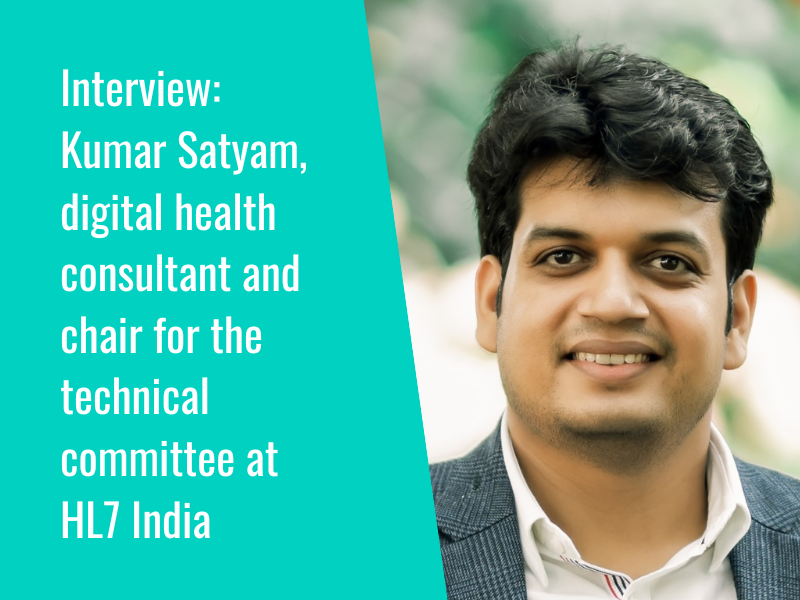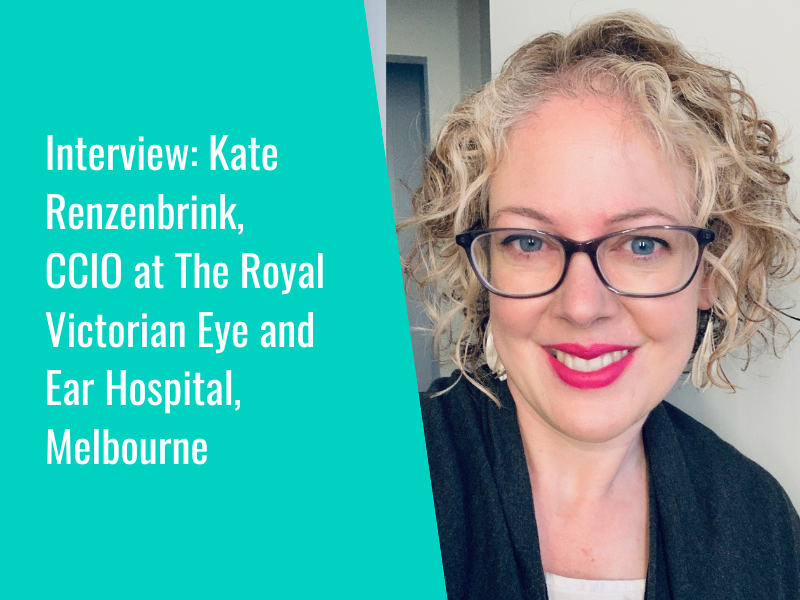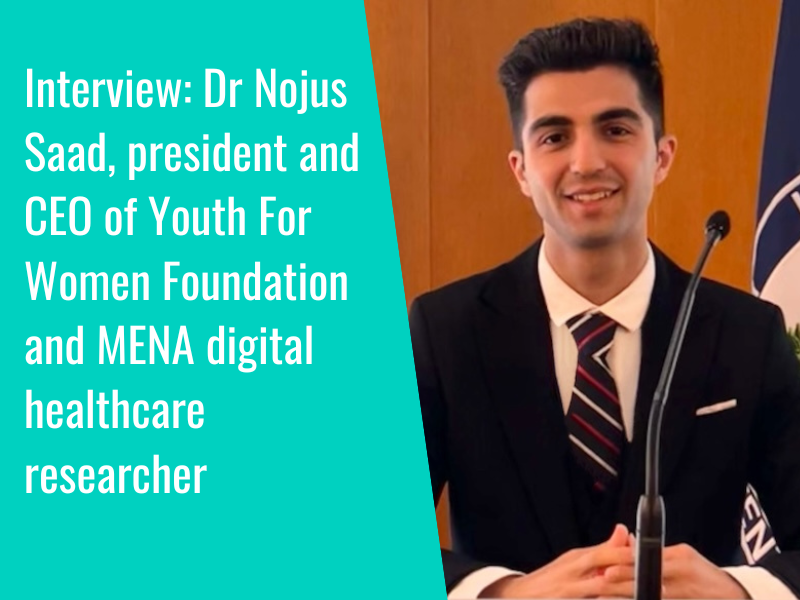Researchers from UCLA and UC Irvine have created a database containing more than 83,000 surgical outcomes from EHR data and “high-fidelity physiological waveform data” which “fills a gap in publicly accessible databases that researchers can use to train and test AI algorithms”.
The data, collected over a period of seven years, consists of information from EHRs and waveform data from monitors such as EKGs, offering insights into patient medical history, details on surgical procedures, medicines used, and postoperative complications. Researchers report that it now contains data from around 59,000 patients and 83,500 surgeries.
Data has been put through a “rigorous process” to ensure patient privacy is maintained, being stripped of identifiers in line with patient privacy laws. The repository, called the Medical Informatics Operating Room Vitals and Events Repository (MOVER), is available to “legitimate researchers who sign a data use agreement (DUA)”. As part of the NIH’s Bridge to AI initiative, there are also aims to standardise the data across multiple institutions “to eventually create a single repository with the same vocabulary and data architecture”.
Dr Maxime Cannesson, professor and chair of anaesthesiology and perioperative medicine at UCLA, says: “We expect it to help the research community to develop new algorithms, new predictive tools, to improve the care of surgical patients basically globally. It’s the first time a surgical database like this has been released. It’s a very wide spectrum of surgeries.”
Dr Cannesson adds: “This information is truly information that physicians and the care team use to make clinical decisions in the acute care setting. Before this there was no single repository where a very, very large volume of data that includes the physiological waveforms are accessible to researchers.”
To learn more about the project, please click here.
Also on AI, a journal published last month in The Lancet Regional Health Europe explores “the discriminatory performances of an AI-based risk model in European screening settings”, with a nested case-control study finding that the AI risk model “showed generalizable discriminatory performances across European populations and, predicted ∼30% of clinically relevant stage 2 and higher breast cancers in ∼6% of high-risk women who were sent home with a negative mammogram”.
- 1
- 2

















